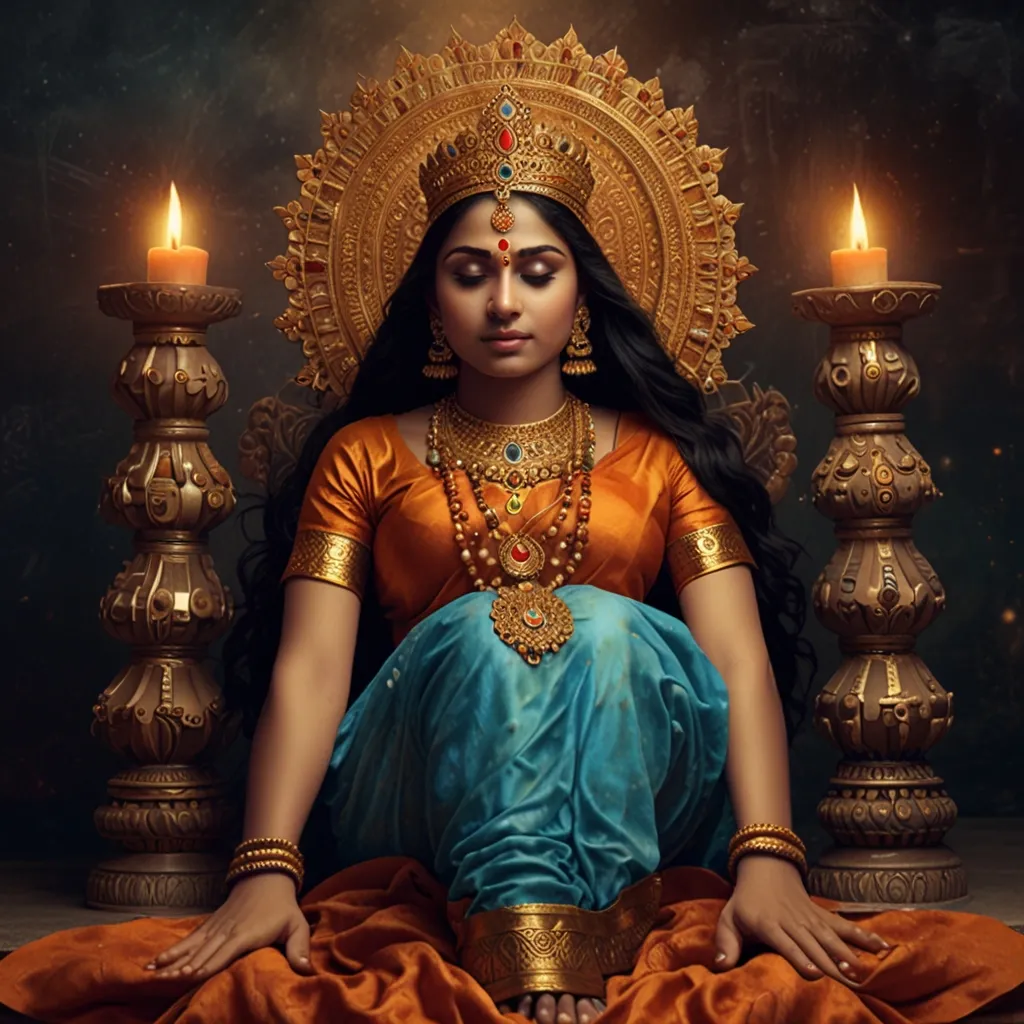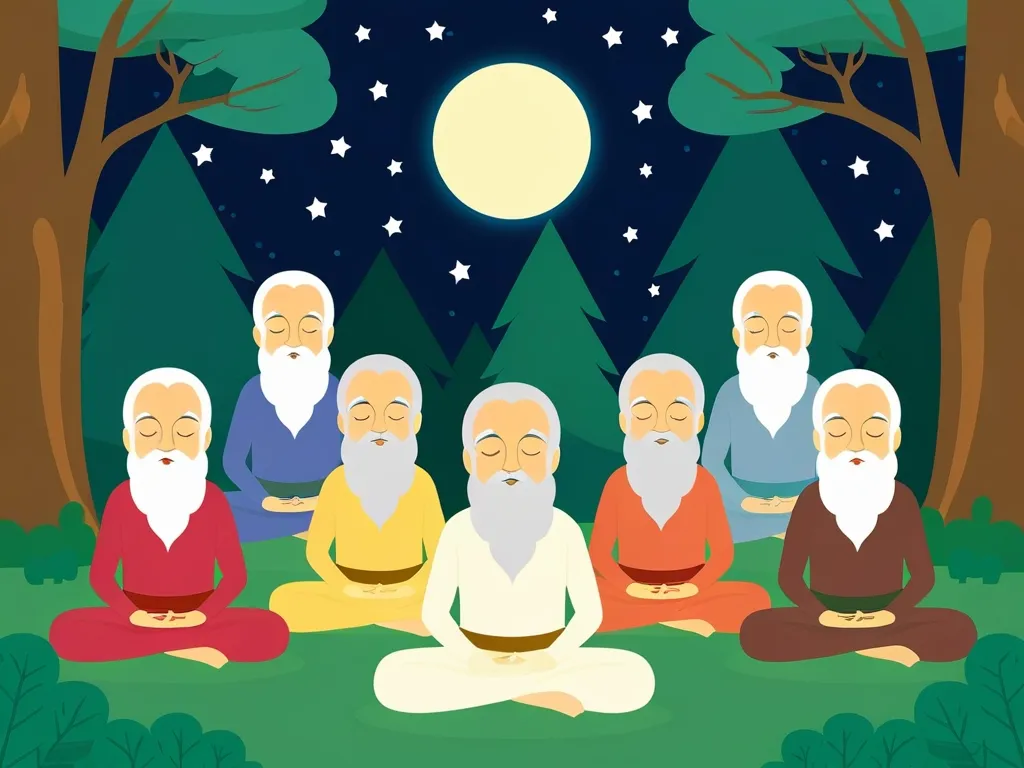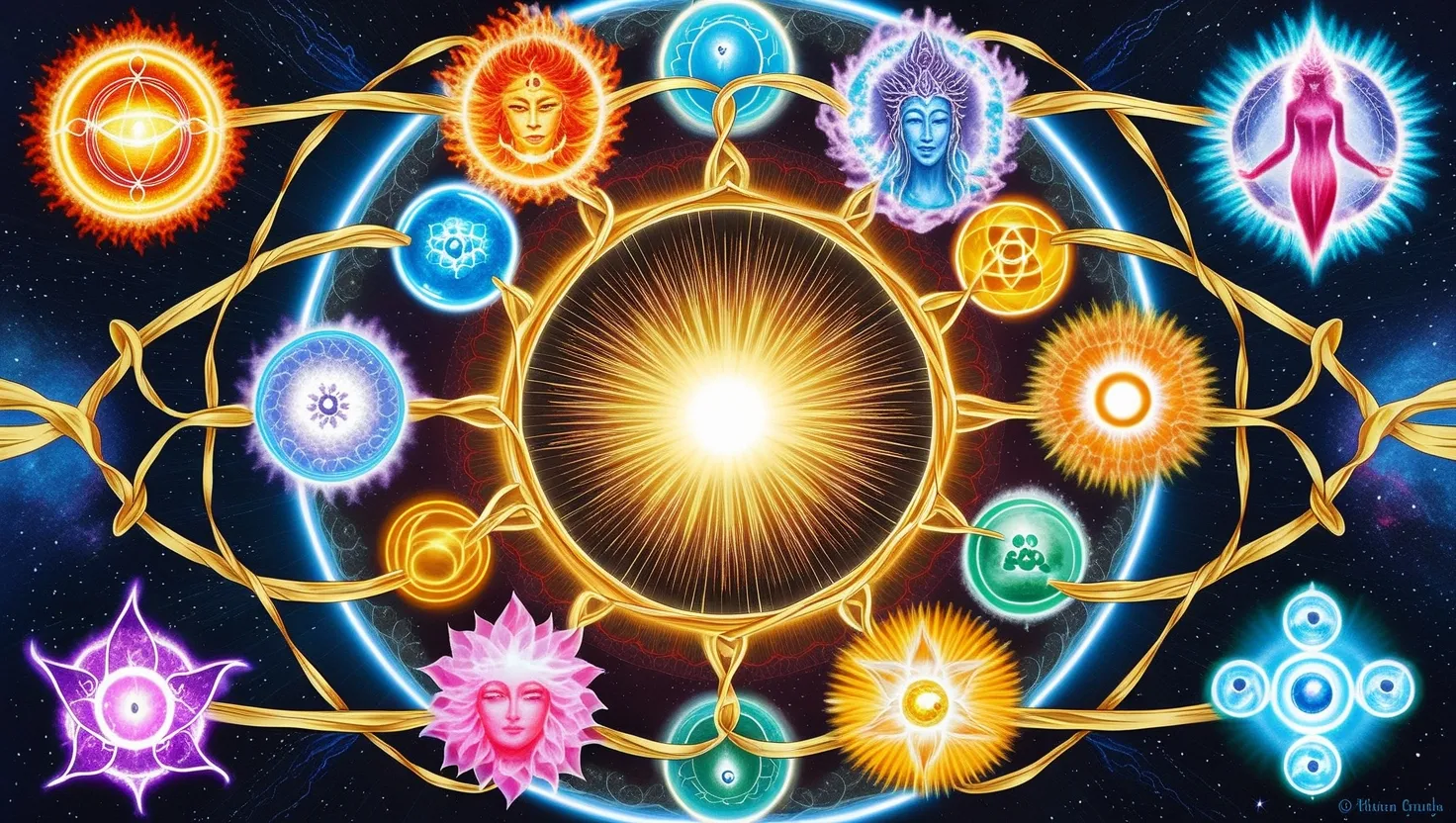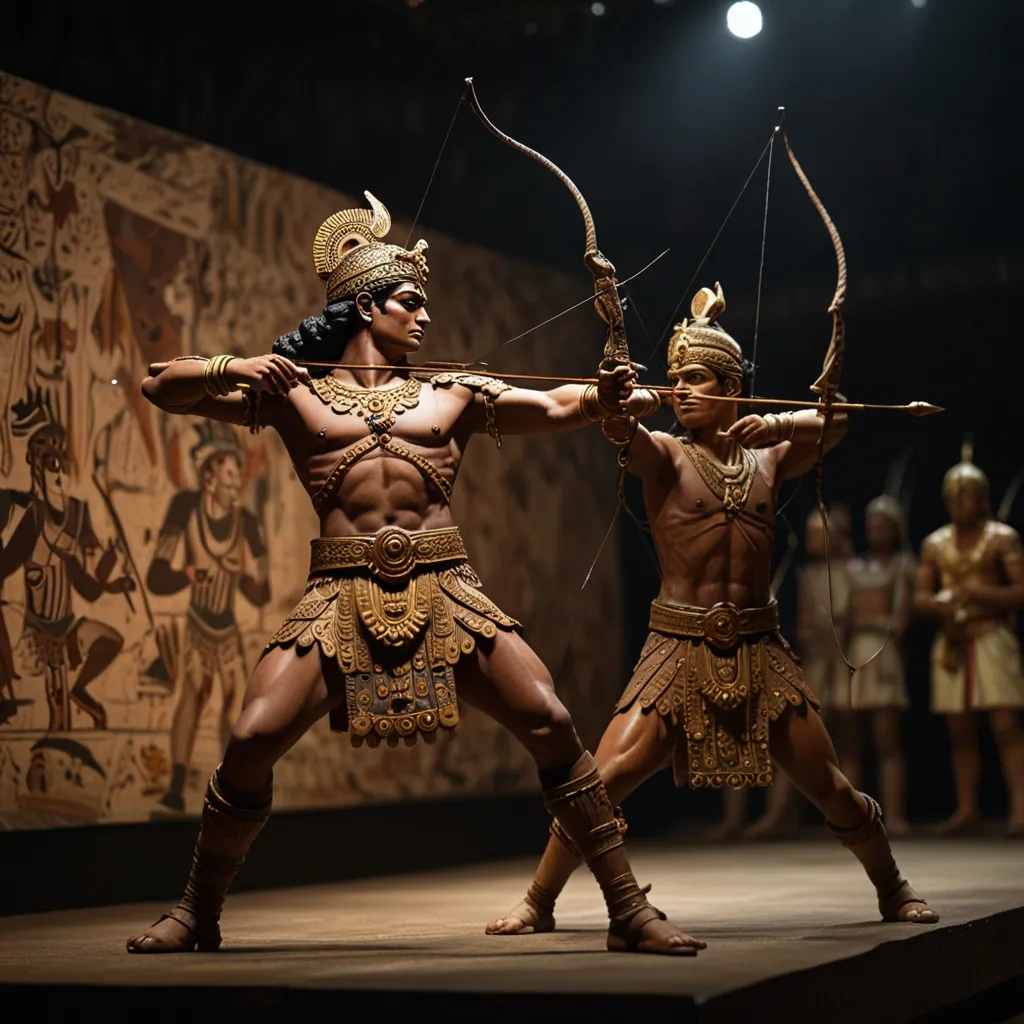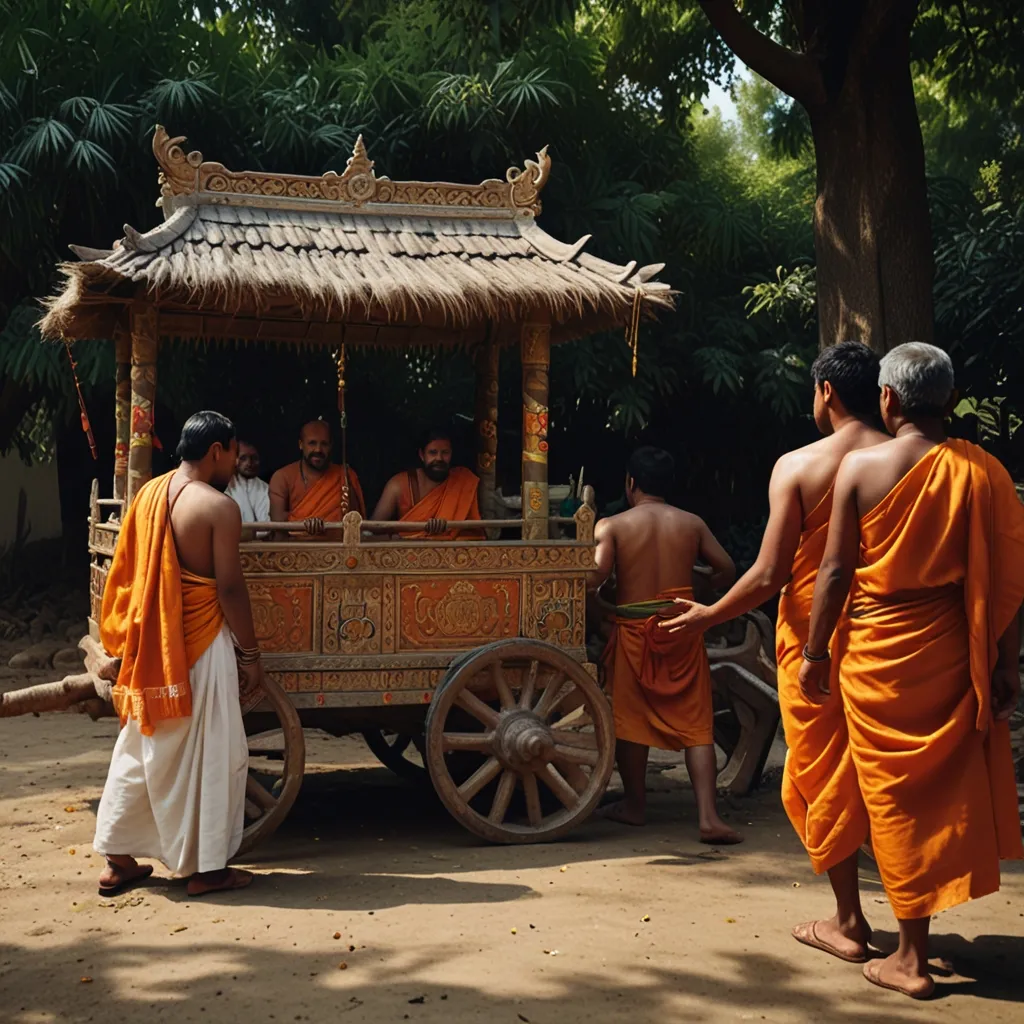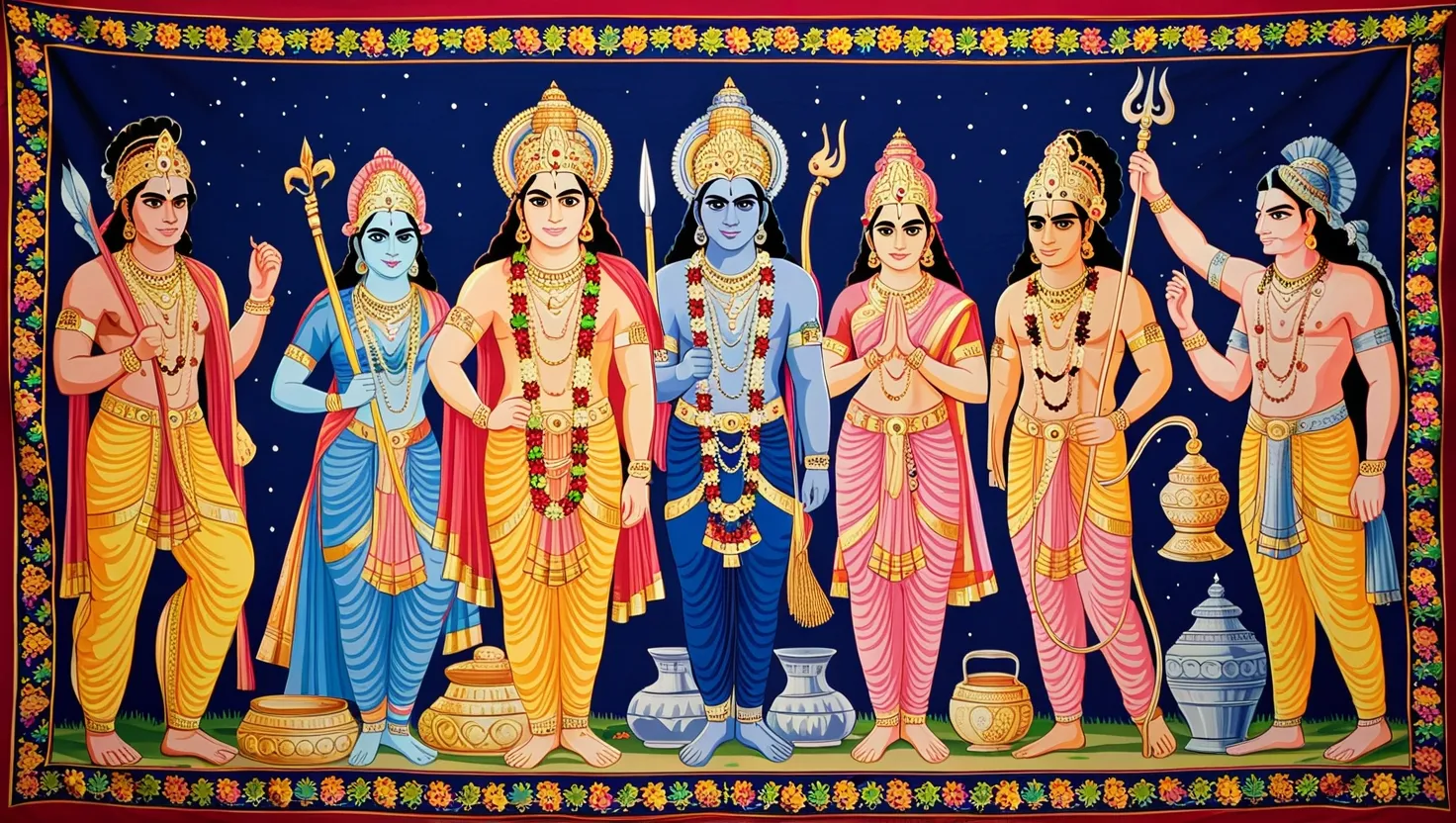In the ancient tale of the Mahabharata, the story of the Pandavas’ birth is a thrilling mix of divine blessing, deep love, and unbreakable maternal strength. Kunti, the queen of the Kuru dynasty, was at the heart of this incredible saga. Blessed with a mysterious boon by the sage Durvasa, she could call upon any deity and get a child in return. This divine gift not only shaped her destiny but also steered the course of her family’s future.
Kunti’s life was destined for greatness even before her marriage to King Pandu. As a young girl, Kunti was adopted by her childless uncle, Kuntibhoja, from whom she got her name. During her early years, she unexpectedly won the favor of Durvasa, a sage famous for his quick temper but also for his generous blessings to those who pleased him. Impressed by her hospitality and kindness, Durvasa gave Kunti a powerful mantra that allowed her to summon any god and be granted a child by them.
Curiosity got the better of Kunti, and she decided to test the power of the mantra. She invoked Surya, the sun god, who appeared and blessed her with a son, Karna. Yet, since Kunti was still unmarried, she faced the harsh societal backlash of bearing a child out of wedlock. To protect her reputation, she made the heart-wrenching decision to set baby Karna afloat in a river, hoping for the best.
Years flew by, and Kunti married King Pandu, who was adored by his subjects for his fairness and justice. Their happiness, however, was short-lived. One day, while hunting in the forest, Pandu accidentally killed a couple who were actually ascetics in the form of deer. The dying ascetic cursed Pandu, dooming him to die the moment he made love to his wife. This curse prevented Pandu from having children through natural means and cast a gloom over their future.
Devastated by the curse and the prospect of a childless life, Pandu renounced his throne and chose to live a life of asceticism in the forest. Kunti and his second wife, Madri, loyally followed him. It was during this austere life in the wilderness that Kunti remembered the divine mantra given to her by sage Durvasa. This magical boon was their only hope to break free from the curse’s grip.
Kunti revealed her secret to Pandu, who rejoiced at the news. They decided to use the mantra to have children despite the curse. Kunti first called upon Dharma, the god of righteousness, and gave birth to Yudhishthira, a son destined for greatness. Yudhishthira was born to be a wise and just ruler, and his birth was celebrated by the gods themselves.
Next, Kunti invoked Vayu, the god of wind, giving birth to Bhima. Bhima, with his unmatched strength, was a true warrior. His mighty power made him a force to be reckoned with in the battles that lay ahead. His birth, too, was a moment of celestial joy, acknowledged by the gods.
Then, Kunti summoned Indra, the king of the gods, and was blessed with Arjuna. Known for his exceptional archery skills and bravery, Arjuna was destined to be a hero of epic proportions. His arrival was met with cheers from the heavenly beings, foretelling his future as a legendary warrior.
Kunti, ever generous, shared her magical mantra with Madri. Madri summoned the twin gods, the Ashvins, and bore twin sons—Nakula and Sahadeva. These two were renowned for their incredible beauty and intelligence. Nakula and Sahadeva’s birth added two more stars to the constellation of the Pandavas, making the family complete.
The birth of the Pandavas wasn’t just about adding new members to a royal lineage; it was a divine intervention. Each son was born with a distinct purpose and destiny, and their existence was tightly woven with the fate of their kingdom. Their births underscore the power of faith and the blessings of the gods, striking a chord with themes of hope and destiny.
As the years passed, the Pandavas grew into great heroes, each bringing unique qualities to the table. Yudhishthira’s wisdom and righteousness became their moral compass, Bhima’s strength acted as their shield, Arjuna’s bravery led their charge, and Nakula and Sahadeva’s intelligence and beauty provided unwavering support. They were more than just brothers; they were legends in the making.
Reflecting on the story of the Pandavas’ birth, it’s a vivid reminder that even in the bleakest moments, hope persists. Divine intervention or destiny can shape lives in the most extraordinary ways. The tale serves as an enduring testament to the power of faith, love, and devotion, capturing the essence of human spirit and divine grace intertwined.
